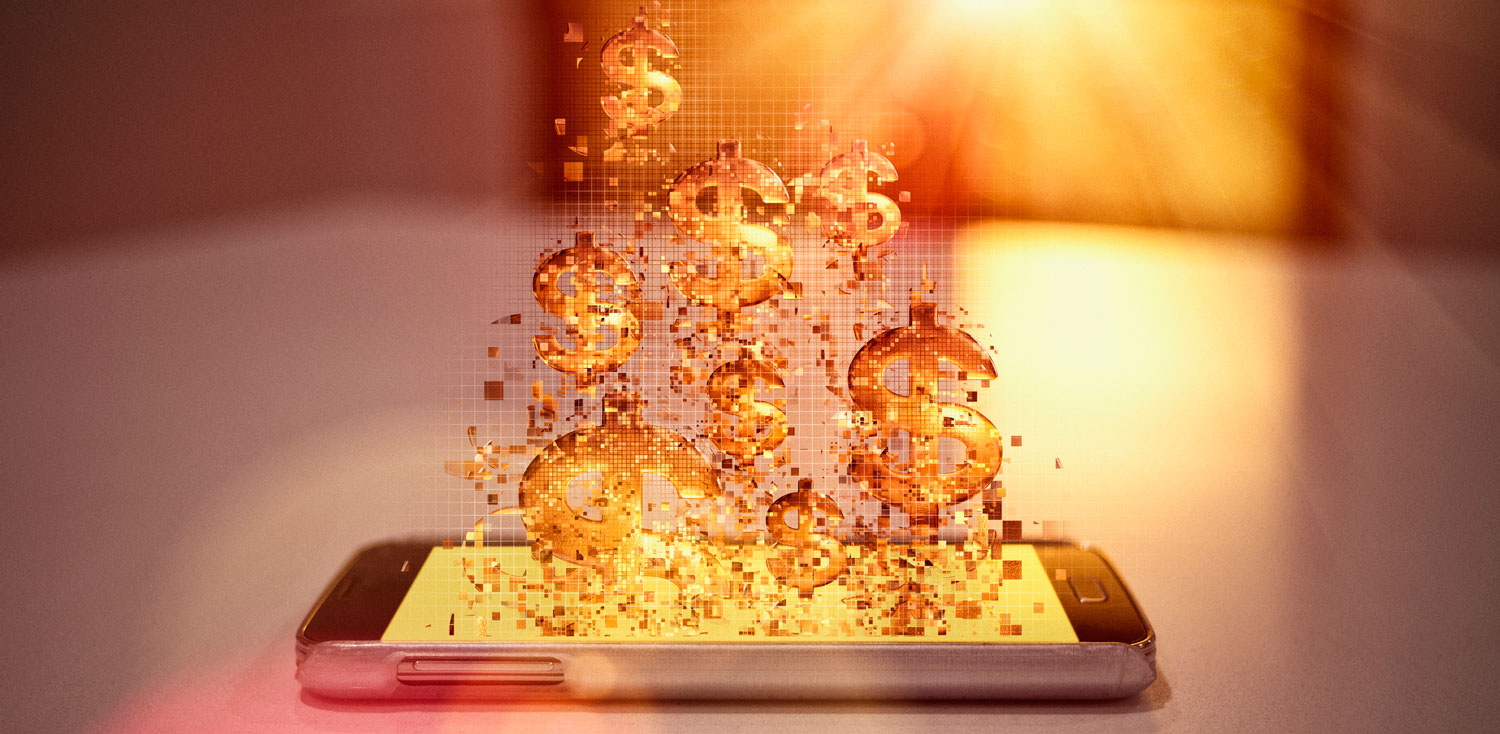Blockchain technology started life as the key technical innovation of Bitcoin and now it may transform the financial services sector and beyond.
What is blockchain?
Blockchain technology provides indisputable proof of transactions. It’s like a network of databases that act as a shared digital ledger. Each transaction is recorded as a “block”. With new transactions, each computer on the network must approve a transaction before it is recorded in a new block and added to all the previous blocks, forming a “chain” of computer code.
The technology uses cryptography so everyone on the network can add to the ledger in a secure way without the need for a central source of authority.
What’s really useful is that the blockchain verifies and authenticates both ends of a transaction before it goes through, so there’s no accidental duplications of value. Money transfers could happen in near real time – no more waiting for an electronic transfer of funds to be verified through a third party before it lands in your bank account.
Why should we all be interested?
Blockchain technology provides a single source of legitimacy for transactions between parties and makes it much quicker and easier for people to reconcile and manage their transactions. There is no need to duplicate transaction data or spend time and effort ensuring its accuracy. This can remove significant operational cost overheads and improve customer service because the data is available much faster and is always accurate.
Blockchain technology provides a single source of legitimacy for transactions between parties and makes it much quicker and easier for people to reconcile and manage their transactions.
Blockchain technology can also be extended to automated functionality known as smart contracts. Through smart contracts, transactions can be automated to occur under certain rules or trigger events that are encoded into the blockchain. It could transform how businesses are run. “An insurance payout, for example, could happen automatically based on a verified claim being posted to an insurance policy smart contract,” explains Graham Rothwell, blockchain lead with Accenture Australia.
Who uses it?
As the data stored on the blockchain is secure and irrefutable it can be applied to applications including land title registration, medical records and prescriptions, electronic voting, travel documentation such as passports and visas, and supply chain tracking of consumer goods.
Who is thinking of using it?
JP Morgan is testing the technology for trade finance. Entire countries are considering its application, too. Sweden is currently testing the use of blockchain technology for land title transfers. “Under this scenario, the buyer, seller, banks and government agencies would all be working off the same accurate data in real time,” says Rothwell. “There would never be any confusion between the parties that we often experience today.”


